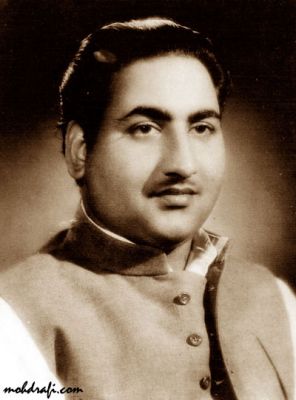MOHD RAFI: MISSING GEMS:


Replies sorted oldest to newest



quote:Originally posted by asj:
MOHD RAFI: MISSING GEMS:
VIDEO: Aaj Ki Raat Mere - Mohd Rafi - Ram Aur Shyam:
A VIDEO MASTERPIECE:
..
quote:ahhhh ASJ.. nice! nice! (now I got all these "young ladies" dancing hea at the paaty (me moms bday) wavey.gif
Thanks for these spellbinding songs.quote:Originally posted by asj:
MOHD RAFI: MISSING GEMS:
MOVIE : KWAAB 1980 (Dreams)
LYRICS: RAVINDRA JAIN
MUSIC : RAVINDRA JAIN
SINGER: MOHD RAFI:
1) TU HI WOH HASEEN HAI:
1) TU HI WOH HASEEN HAI: MP3
.
Access to this requires a premium membership.